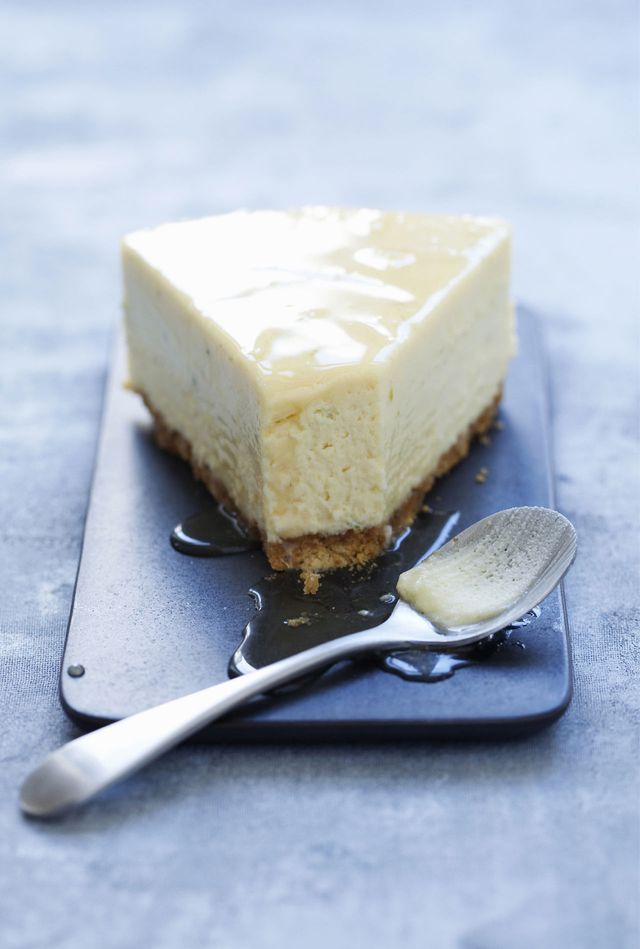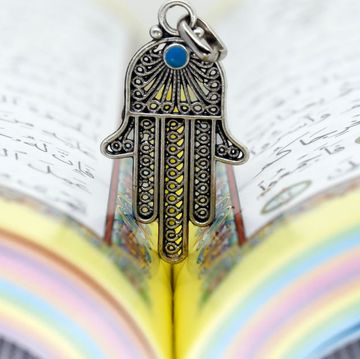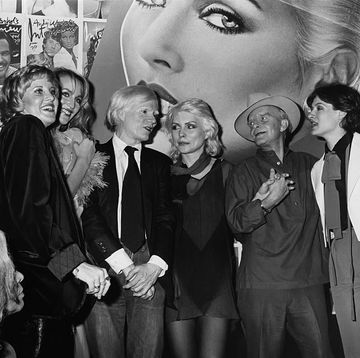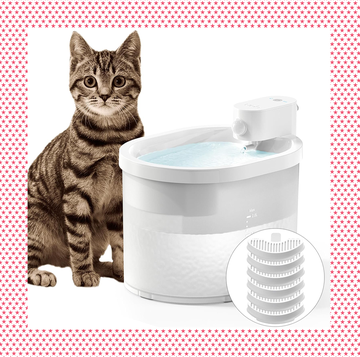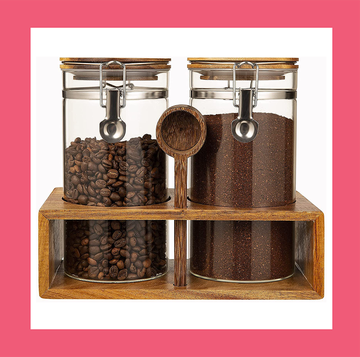Why do we all hate the word 'moist' so much? Every time someone says it we recoil in horror. Even Mary Berry using it to describe a nice coffee and walnut cake on The Great British Bake Off does us in.
Back in 2013, People even crowned 'moist' the 'most cringeworthy word', and aimed to see if a bunch of hot men uttering it would help change people's minds. It didn't.
But now we know there's actual science behind it. PLOS ONE has discovered that between 10 to 20% of the population is averse to the word 'moist'. And according to Oberlin Professor Paul Thibodeau (the study's author), it all has to do with hidden meaning.
Over the course of five separate experiments featuring 2,400 participants, Professor Thibodeau aimed to figure out exactly why 'moist' can mess us up so bad. The first experiment had volunteers judge words similar to 'moist' and those that also induce disgust. Two other experiments measured word aversion by having those involved participate in free association and surprise recall tasks. Professor Thibodeau explains: "Moist-averse participants should also be more likely to recall having rated the word in a surprise recall task if it has a stronger emotional valence for them."
As for the fourth and fifth experiments, participants were tested to see how they could become averse to the word—whether it be socially, via conscious deliberation, or both.
"People may report an aversion to 'moist' because they are conforming to a social norm and/or because, after careful thought, it seems to have phonological properties or semantic associations that make it unpleasant," Professor Thibodeau adds.
One volunteer actually said they didn't mind the word until they heard other people saying it was gross. It then began to bother them as well.
At the end of the day, 'moist' does just make us think of gross body stuff, right? So let's lock in a vault and start describing cakes as "not dry" instead please.
